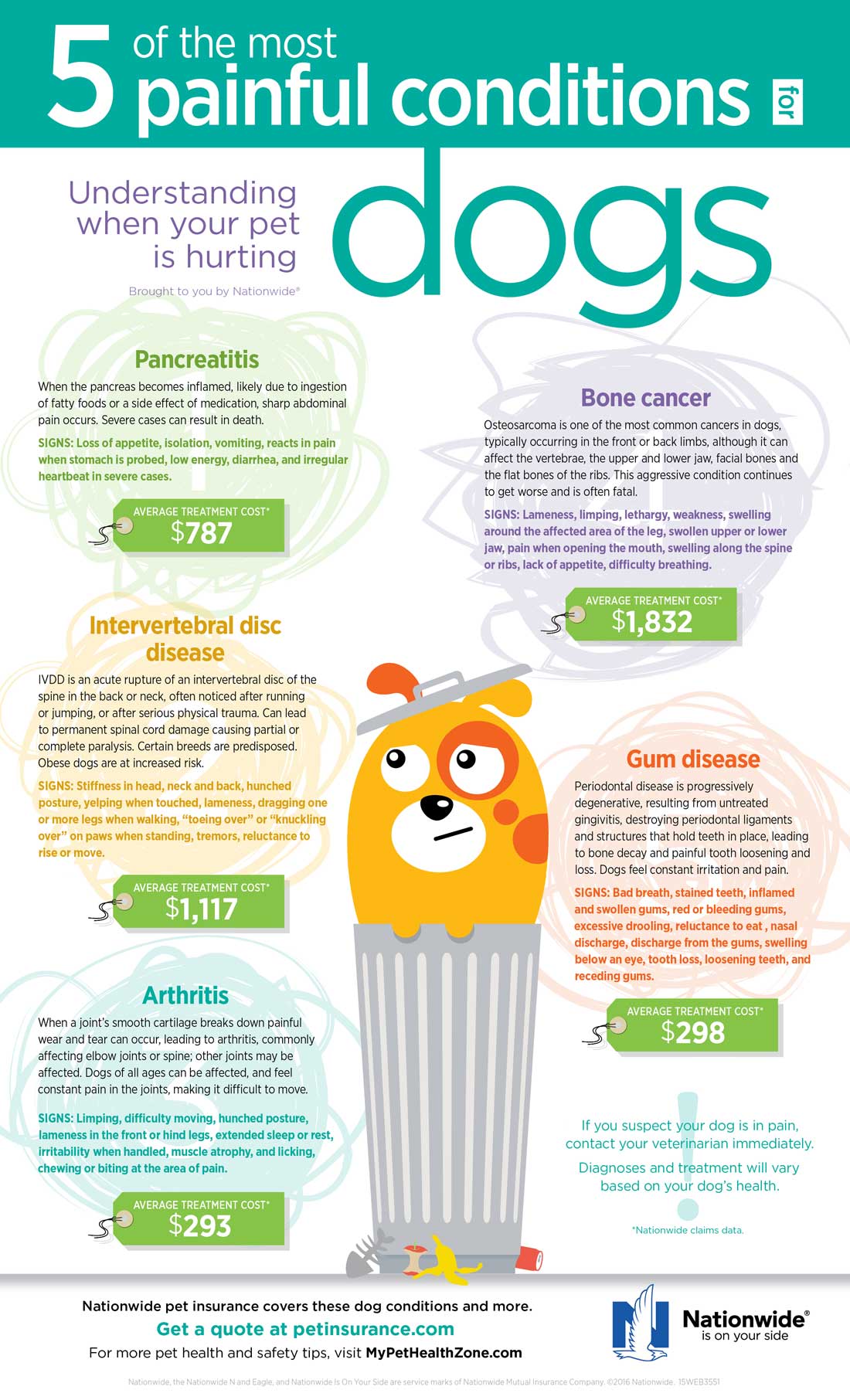How Much Is Doggie Daycare
How Much Is Doggie Daycare
Blog Article
Can Dog Daycare Cause Illness?
Pets in childcare get lots of workout, socializing with other dogs and unique experiences. This can be specifically practical for young puppies and dogs with behavior problems.
There are numerous lawful considerations you need to take into consideration when beginning a dog childcare business. These include the structure of your service and conformity with federal government laws.
1. Pooch Distemper
Canine distemper is spread through direct contact with the bodily fluids and waste of an infected pet dog, however it can additionally be sent using shared water and food bowls or through airborne droplets. This highly infectious health problem is most hazardous for pups, yet it can influence pets of any kind of age and is deadly for most if left neglected.
Preliminary signs of canine distemper typically simulate an acute rhinitis, consisting of dripping eyes and nose with watery or pus-like discharge. As the condition proceeds, a pet will certainly create high temperature, coughing, lowered cravings, throwing up and looseness of the bowels. The infection can additionally strike the nerves, causing seizures, shivering and partial or full paralysis.
Trustworthy childcares lower direct exposure to infection by calling for inoculations, regular health examinations and comply with stringent hygiene procedures. If your pup seems overly tired or limping, a day off might aid him recoup, however you ought to prevent taking him back to daycare until these symptoms clear up.
2. Kennel Coughing
Kennel coughing, additionally referred to as contagious canine tracheobronchitis or Bordetella, is an extremely contagious viral or bacterial condition that influences the respiratory system system. It's frequently transferred through the exchange of saliva or air droplets that an unwell pet exhales. Social canines go to greater danger for infection because of their frequent interaction with each other, such as when they play, share food or water, smell one another or simply fulfill in a jampacked atmosphere like a canine park or daycare.
One of the most typical sign of kennel cough is a relentless and powerful cough that sounds like something embeded the throat or retching. Commonly, pet dogs will divulge foamy white phlegm. If left without treatment, a canine can develop pneumonia and go to severe risk permanently.
A trustworthy childcare facility should have rigorous cleaning and sanitation methods, sterilize all toys, food and water bowls regularly, and be open concerning their vaccination policies. Maintaining your pet dog up to day on their vaccinations, specifically for bordetella and canine flu, will considerably reduce their opportunities of acquiring the disease.
3. Parvovirus
Canine parvovirus, or parvo, is a very infectious viral disease that can be deadly for pups and young adult dogs with bad immune systems. It's most generally spread by direct contact with infected dog feces-- which can take place when dogs smell, lick, or taste contaminated feces-- and indirectly from contaminated individuals, objects, or settings (like kennels, grooming areas and lawns). Pups and pet dogs without full vaccination backgrounds are particularly susceptible to parvo.
The infection is extremely resistant, surviving in the atmosphere for up to 9 years, and can easily be moved between pet dogs by contact with feces or on shoes, garments, and bedding infected with parvovirus. If not dealt with instantly with IV liquids, electrolyte balance, throwing up control medications and anti-biotics to prevent second bacterial infections, a pet dog will rapidly dry out and develop serious looseness of the bowels, which causes shock and blood poisoning. Parvo is challenging to heal when a pet has come to be ill, but with ideal vet care, several puppies do endure this ailment.
4. Canine Flu
Canine influenza luxury dog boarding near me infection is highly transmittable and spreads through direct call, sharing food and water bowls, licking or nuzzling other pets, through air-borne beads, and through infected surface areas. Vaccination works in lowering the risk of infection and break outs.
The majority of affected pet dogs develop a mild respiratory system infection with a coughing that lasts 1-3 weeks. They may likewise have nasal and eye discharge, sneezing, and lethargy. Some of the most significant cases lead to pneumonia and a high fever.
If your pet dog shows any of these signs, do not bring them back to day care till they are healthy. If your dog is showing indications of severe exhaustion or limping, speak to your veterinarian right away and ensure they are on health supplements to aid build their immunity. A vet will certainly assess your canine for signs and symptoms of the influenza by taking a sample from the nose or throat, and blood tests can be done to verify.